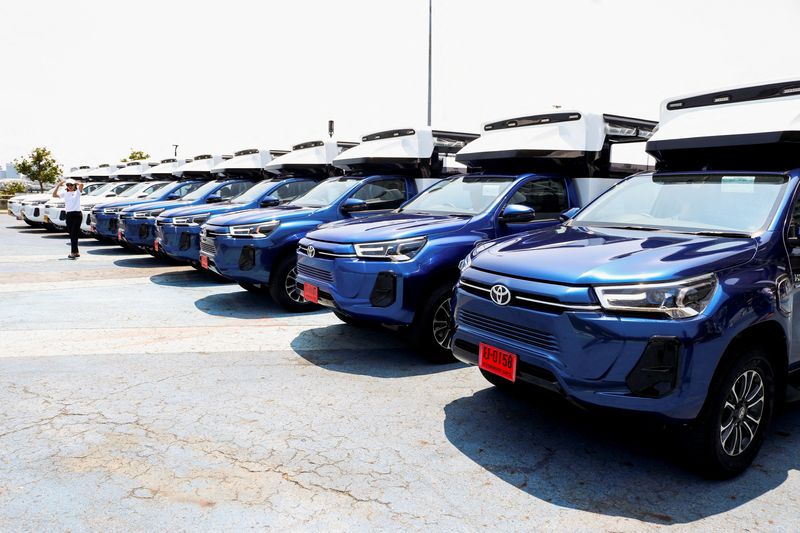Japanese automaker Toyota Motor Corp. is said to be stepping up its entry into the electric vehicle (EV) market, and working to create about 15 in-house EV models by 2027, a report in Japan’s Nikkei newspaper on Sunday said.
The firm is also planning to make 1 million EVs every year in 2027, a huge increase from the existing production. Though Toyota refused to comment on the report, saying that the news had not yet been officially announced, the move is part of its overall plan to compete in the rapidly expanding global EV market.
Now Toyota has five EVs that were conceived in-house in their entirety, with production restricted to China and Japan. The Nikkei report said it would make more in the U.S., Thailand, and Argentina in order to lower delivery times and counter tariff and currency exchange risks.
Lexus to Play a Key Role in Toyota’s EV Push
Of the 15 electric vehicles scheduled, some will be sold under Toyota’s Lexus luxury marque. The move is set to position the company in the premium EV market so that it can better compete with other firms like Tesla and Mercedes-Benz.
New 2026 Targets
Toyota has lowered its 2026 target, which is now targeting the production of 800,000 EVs, about half of its original target of 1.5 million vehicles Although this might appear to be a step in the negative direction, the automaker again clarified that its previous numbers were benchmarking targets and not hard sales targets.
In 2024, Toyota recorded around 140,000 electric vehicles sold globally, an increase from around 33% compared to the previous year. Nevertheless, EVs are below 2% of Toyota’s global sales, which exceeded 10 million vehicles.
Long-Term Vision Still in Play
Despite the temporary rework, Toyota still maintains a long-term EV sales target of 3.5 million units through 2030. As governments increasingly tighten up on environmental rules and demand for electric mobility increases, Toyota’s local EV development and worldwide production expansion will be key drivers for its future.

